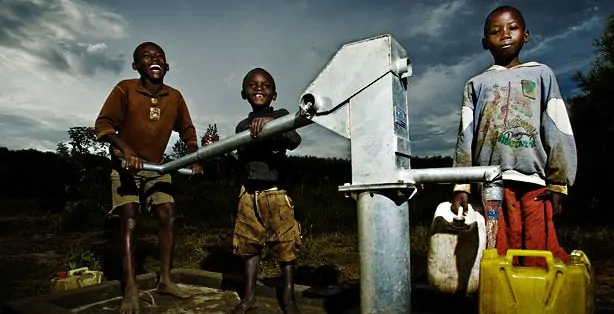India is home to Bollywood, the Taj Mahal, Tikka Masala curry and, in more recent years, a booming software industry that has seen the country’s economy climb, following China’s footsteps. It’s also the home of one of the oldest versions of human oppression—the caste system.
For centuries, Indian people have been divided into social groups that also determine their economic, political and educational freedoms. The highest group, the upper caste, are the Brahms. The lowest were formerly known as the “untouchables,” but are now called Dalits. Being a Dalit means being seen as barely human and living life entirely separated from the other groups. They’re denied even the most basic necessities, such as water from a public well, which is only given as a “goodwill offering” by members of the upper caste. According to a report published by the Human Rights Watch group, surveys and findings have shown that, far from the situation waning with time, the ingrained prejudices are still alive and active.
In 2006, ActionAid India reported that out of 565 villages across 11 states, 80 percent still used the practice of “untouchability.” And, as the caste system still predominantly determines what job a person can and will be considered for, it’s not surprising that in 2000, over 200,000 Dalits were reported unemployed while others filled jobs as sweepers or manual scavengers (cleaning out human waste from dry latrines and the sewage works). Worse yet, in 2005, a government report stated that crime was committed against a Dalit every 20 minutes. In September 2006, an entire Dalit family from Kherlanji village in the Indian state of Maharashtra was killed, simply for refusing to leave their own land.
Dalit women are an especially vulnerable group. Further reports have shown that the practice of “Dedvasi” or temple prostitution, where prepubescent girls are married to a deity and then offered to men from the upper caste, still persists.
It’s in this highly charged environment that Pam and Sunil Sardar chose to work with their organization, Truthseekers International. Truthseekers began as a continuation of the works of social reformer Mahatma Jotirao Phule, who wrote against the caste system in the 1800s. The organization now holds marches, demonstrations and educates university students about the ills of the caste system. In recent years, the desire for change has grown so steadily that Sunil has been able to address rallies of 5,000-200,000 people.
“The response to our movement from the lower caste and outcaste groups has been tremendous,” Sunil says. “The spiritual climate is open as never before. People are disillusioned with what they know and see doesn’t work. They long for something else.”
Currently, Truthseekers is also preparing more long-term and lasting ideas by bridging the different groups through a caste reconciliation center. They have plans for an office, extensive library, and classroom space for seminars, Bible classes and lessons in the lower caste’s contribution to Indian history.
To learn more, visit TruthseekersIntl.org.





















